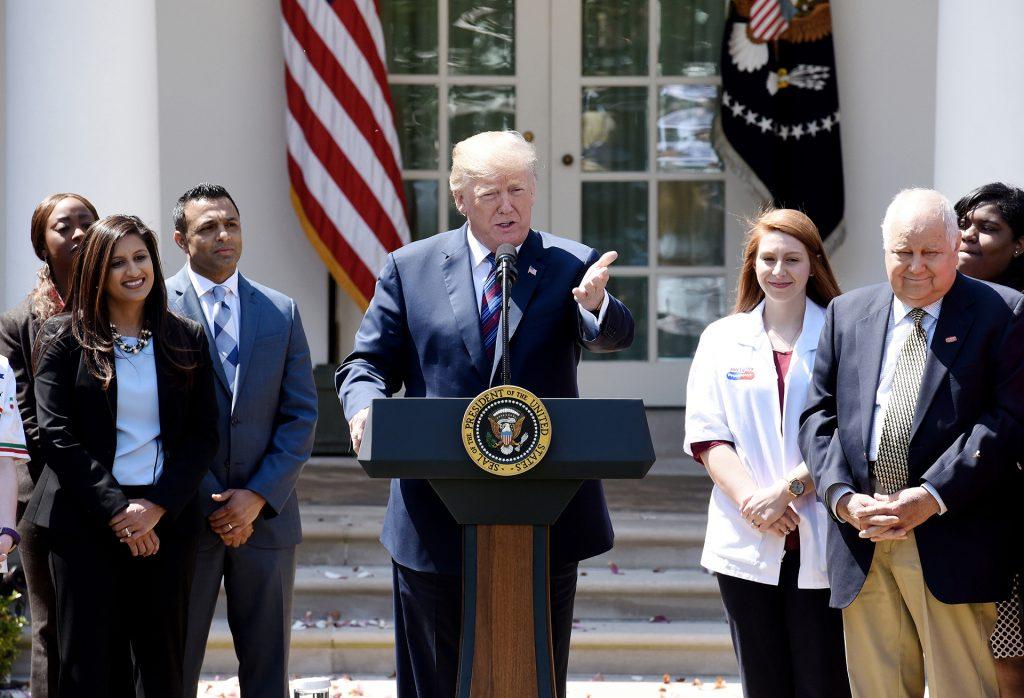In December 2017, one of the least debated, least understood pieces of major legislation in U.S. history was signed into law. The GOP’s tax bill dramatically reduced taxes for American businesses in an attempt to make U.S. businesses more competitive. Congress and the White House assured us that the massive tax breaks, aimed primarily toward the millionaire and billionaire classes, would provide a huge economic windfall for all Americans.
We still haven’t seen any signs of the promised economic boom — instead, we’ve witnessed a series of historic corporate buybacks, handing billions of dollars over to a handful of investors.
RELATED: Guest Opinion: GOPs tax cut proposal promises eventual tax increases
It’s frustrating, to say the least. We really could have used those trillions of dollars we handed over to corporations (many of which are making record profits). A trillion dollars would go a long way in repairing the U.S.’s crumbling infrastructure, for example. Or perhaps we could have spent some of the extra money on paying teachers a living wage through grants to states with razor-thin budget margins. Instead, we’re left with a deficit the size of the Grand Canyon and an economy somehow even more advantageous for the investor-class.
RELATED: Elliot: Have a merry tax cut
It might seem too early to declare the tax bill a failure — it isn’t. We weren’t promised economic growth in 10 years, or five years, or next year, but now. Every month that wages and capital investment remain stagnant is another month the tax bill pours billions of dollars from Americans into a few very lucky hands. Even Sen. and popular invertebrate Marco Rubio voices some concern over the effects of the tax bill (which he voted for). As he told The Economist in a recent interview, “There is still a lot of thinking on the right that if big corporations are happy, they’re going to take the money they’re saving and reinvest it in American workers … In fact, they bought back shares, a few gave out bonuses; there’s no evidence whatsoever that the money’s been massively poured back into the American worker.”
This fact could be a major factor in the midterm elections, where Republicans initially planned to campaign on their tax bill. There’s not much else to campaign on, after all, as this Congress’ list of achievements is awfully short. A recent Politico poll found that just 25 percent of registered voters have noticed an increase in wages, and support for the tax bill itself is at just 45 percent — low enough to be avoided altogether by many Republicans running for re-election.
RELATED: Graduate students hopeful about federal tax overhaul
The GOP gave away trillions of dollars to the wealthiest Americans while producing no positive benefits for the U.S. yet. Ironically, the most positive effect of the GOP tax cut might be a change in congressional leadership.



